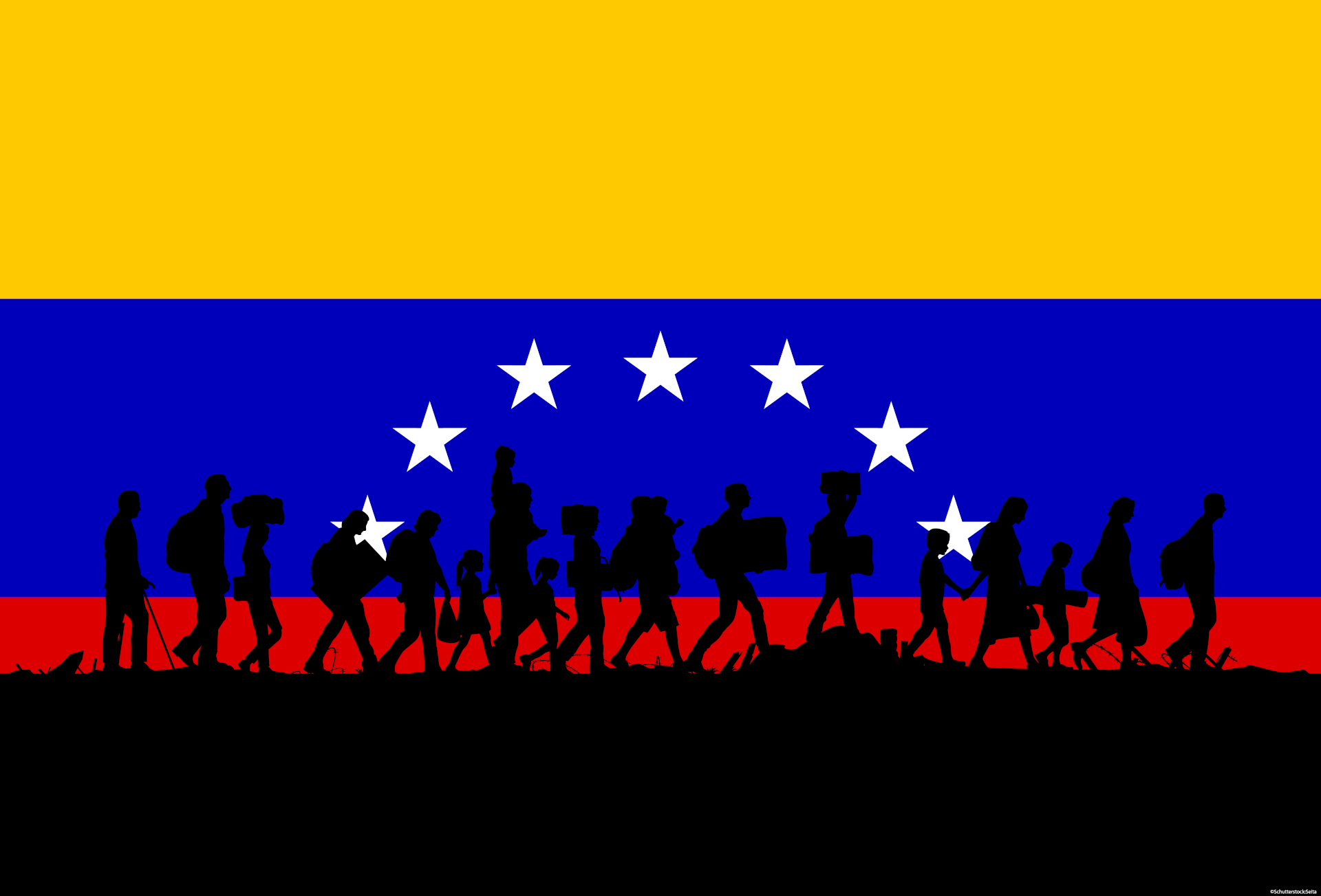Initially, South American countries were very empathetic and welcoming towards Venezuelan forced displacement – a migration wave that started to sweep across the region in 2015 – employing immigration policies that allowed regular entry and temporary residence. In many respects, Peru stood as the regional leader in receiving those fleeing Venezuela as a result of political persecution and economic turmoil. Now, this reputation is increasingly eroding, with fears about immigration prevailing over respect for humanitarian principles, commitments to human rights, and the collective memory of Venezuelans once hosting Peruvians during their dark days in the 1980s and 1990s.
In recent weeks, reports of rising xenophobia in Peru have flooded the international press. Tensions over the alleged correlation between Venezuelan immigration and increasing crime have been incrementally growing since last year. Openly xenophobic public discourses, which initially focused on economic arguments, emerged for the first time in the electoral campaigns during the 2018 municipal elections. For example, Ricardo Belmont, candidate for mayor of Lima, inflated the number of Venezuelans in the country, falsely claiming that “more than one million Venezuelans have come to work in Peru, to take work away from Peruvians.” A deluge of hate speech and false claims about Venezuelans receiving preferential minimum wages and social services followed on social media platforms, as if the levies separating moral logic and knee-jerk fear had now been lifted.
Since then, Peru has engaged in an on-going discussion on immigration policy, largely as a result of often ill-informed and contradicting perspectives on the migration question and its overall impact on the economy, public safety, and social services. It was the sharp increase in public xenophobia, however, that triggered a tightening of Peru’s migration policy. Passports became a requirement for Venezuelans entering the country in August 2018; only becoming effective in January 2019 due to judicial review. At the same time, the application period for special work visas (Permiso Temporal de Permanencia, PTP) was shortened, and then the program was suspended all together. With the end of the PTP, asylum applications became the only means of legal entry and residence for many Venezuelans and applications rose to almost 300,000 in mid 2019.
This is a part of a blog post published by Luisa Feline Freier and Nicolas Parent.
